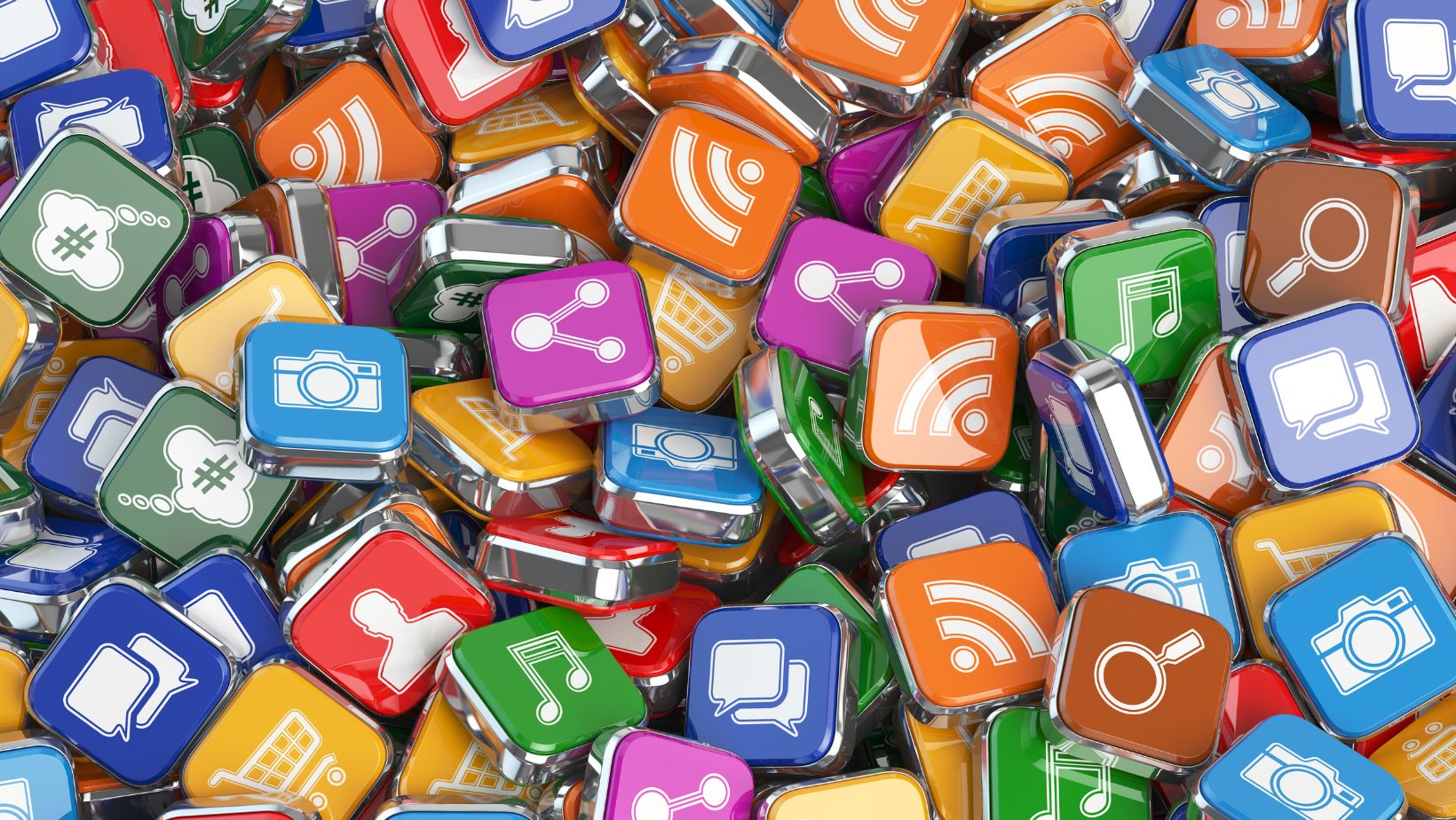Getting better at cards isn’t just about playing more often. It’s also about knowing how to train smarter, not harder. Whether you’re into poker, blackjack, or bridge, there are tools out there that can sharpen your skills fast, and some of them are just sitting in your pocket, waiting to be downloaded.
Digital Tools that Can Make a Real Difference
Digital poker has made it easier for players to practice without the pressure of a live table. You can jump into games against bots, real people, or tournaments with low stakes to test out strategies before taking bigger risks. Most serious players today use apps not just to play, but to review hands, study patterns, and fix their weak spots. If you’re new or still learning ranges and positions, using a poker cheatsheet can be a solid way to stop second-guessing every move (source: https://casinobeats.com/kr/online-casinos/poker-cheat-sheet/). These sheets break down what hands to play in different positions, when to fold, and what to watch for. Some even include odds and basic probability so you can start thinking in terms of percentages instead of just vibes.
App platforms are also popular among players trying to improve their game theory and pre-flop decision-making. They’re not games, they’re training tools. And once you start looking at poker the way athletes study game film, your edge starts to grow.
Don’t Just Memorize, Understand the Why
A lot of beginners make the mistake of memorizing plays without really understanding why certain moves work. Knowing when to bluff isn’t about being gutsy. It’s about knowing your opponent’s likely range and how your hand fits into the story you’re telling. That kind of thinking only comes when you slow down and study situations after they’ve happened.
One way to do that is by using hand history analysis features on poker platforms or exporting your hands into analysis tools. These let you break down every choice, see what the optimal move was, and figure out where you lost value or missed it completely. Most strong players keep a journal or some kind of tracker to spot trends in their play. If you’re constantly calling on the river and losing chips, you’ll see it show up over time. That’s when you know it’s time to adjust.
Play with Better Players (Even if You Lose More)
Playing against better opponents forces you to think harder, adapt faster, and see angles you wouldn’t spot otherwise. It’s also where most players get over their ego real fast. Losing isn’t fun, but if you’re tracking your growth, you’ll see the long-term gains.
The more time you spend around high-level play, the more natural it starts to feel. Just make sure you’re reviewing those hands afterward. Experience only helps if you’re learning from it.
Stay Calm, Stay Sharp
Card games are as much mental as they are mathematical. If you’re tired, tilted, or distracted, you’ll miss signals and make sloppy moves. That’s why some of the best card players treat games like work; they play rested, avoid distractions, and walk away when they’re not thinking clearly.
Some players even use mental training apps like Primed Mind or Headspace to stay focused and calm under pressure. The goal isn’t just to play better hands, but to make better decisions consistently. Your edge comes from being the one who doesn’t crack when the stakes get high.
Conclusion
Improving at cards isn’t about luck; it’s about tools, discipline, and knowing how to train right. Apps can teach you math, sharpen your instincts, and simulate the pressure of real games without costing you more than your time. And the tips that actually work aren’t flashy. They’re simple. Review your play. Play with better people. Know when to walk away. Stick with that, and you won’t just play more, but you’ll play smarter.



















